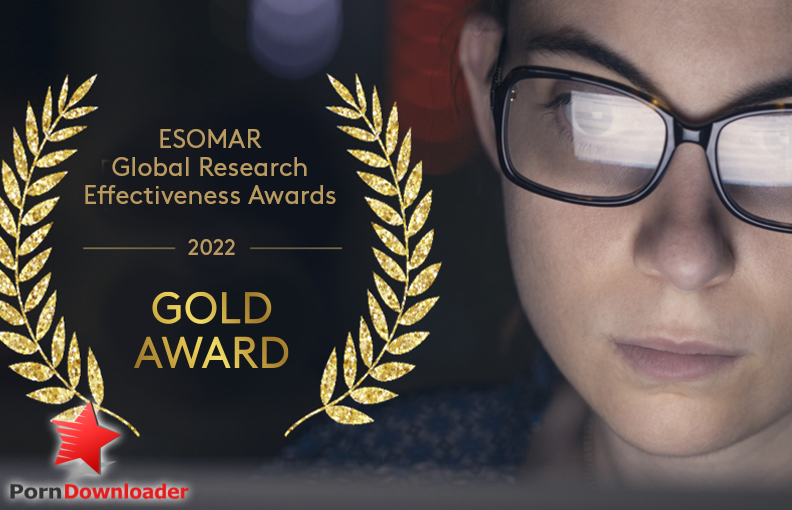The Role of Media Literacy in Navigating Pornographic Content
Introduction
In today’s digital age, the availability and accessibility of pornographic content have grown exponentially. With just a click of a button, anyone can access explicit material, which poses significant challenges for individuals, especially young people. However, media literacy plays a crucial role in educating individuals on how to navigate and critically analyze pornographic content. By developing media literacy skills, individuals can better understand the impact of pornography, differentiate between reality and fantasy, and make informed decisions about consuming such material responsibly.
Understanding Media Literacy
What is media literacy?
Media literacy refers to the ability to access, evaluate, and critically analyze media content. It involves understanding the messages conveyed by media, the techniques used to create those messages, and the potential impact on individuals and society.
How does media literacy apply to pornographic content?
Media literacy is equally important when it comes to dealing with pornographic content. It empowers individuals to decipher the underlying messages, stereotypes, and unrealistic expectations often portrayed in pornography. By becoming media literate, individuals can differentiate between healthy and harmful depictions of sexuality.
The Impact of Pornographic Content
How does pornographic content affect individuals?
Excessive and uncontrolled exposure to pornographic content can have detrimental effects on individuals. Some potential impacts include:
1. Unrealistic expectations: Pornography often presents an exaggerated and idealized version of sexual encounters, leading individuals to develop unrealistic expectations and dissatisfaction with their own experiences.
2. Distorted perception of consent: Pornographic content may depict non-consensual or coercive behavior as acceptable, leading to confusion and a lack of understanding about the importance of consent in real-life relationships.
3. Body image issues: Pornographic content often showcases unrealistic body standards, which can negatively impact individuals’ self-esteem and body image.
4. Unhealthy relationships: Extended exposure to pornographic content can shape individuals’ perceptions of relationships, leading to unrealistic notions of power dynamics and objectification of partners.
Why is it essential to navigate pornographic content responsibly?
Navigating pornographic content responsibly is crucial for individuals to maintain healthy relationships, develop realistic expectations of sexuality, and contribute to a respectful and consensual society. Without media literacy skills, individuals may fall victim to unhealthy depictions and harmful beliefs perpetuated by pornography.
Developing Media Literacy Skills
What are the key skills involved in media literacy?
Developing media literacy skills involves several core competencies:
1. Analysis: The ability to critically analyze media content, including understanding its purpose, identifying persuasive techniques, and evaluating the accuracy of information presented.
2. Evaluation: Assessing the credibility and reliability of various media sources.
3. Creation: Developing the skills necessary to create media content responsibly and ethically.
4. Understanding audience and purpose: Recognizing the intended audience and purpose of a particular media message.
How can media literacy help individuals navigate pornographic content?
By fostering media literacy skills, individuals can:
1. Differentiate between reality and fantasy: Media literacy enables individuals to recognize that the depictions in pornography are often fictional and not reflective of real-life sexual encounters.
2. Understand the use of editing and manipulation: Media literacy helps individuals recognize the editing and manipulation techniques commonly employed in pornography, decreasing the likelihood of believing unrealistic portrayals.
3. Critically analyze messages and stereotypes: Media literacy empowers individuals to challenge the messages, stereotypes, and ideals propagated by pornographic content.
4. Recognize ethical and respectful behavior: Media literacy encourages individuals to understand and promote values such as informed consent, respect, and healthy relationships.
Conclusion
The role of media literacy in navigating pornographic content is instrumental in equipping individuals with the necessary skills to critically analyze and responsibly engage with such material. By developing media literacy skills, individuals can distinguish between healthy and harmful depictions of sexuality, make informed decisions, and contribute to a more respectful and informed society.
FAQs (Frequently Asked Questions)
1. Can media literacy completely solve the issues associated with pornography?
No, media literacy alone cannot completely solve the issues associated with pornography. However, it is an essential tool in promoting responsible consumption and critical analysis of such content.
2. At what age should media literacy education about pornography begin?
Media literacy education about pornography should be tailored to age-appropriate levels. It should start as early as possible, emphasizing gradual learning and constant dialogue between parents, educators, and children.
3. Are there any effective tools or resources available to enhance media literacy skills?
Yes, numerous resources exist to develop media literacy skills, including online courses, educational websites, and informative documentaries. It is important to choose reliable and accurate sources for this purpose.
4. How can parents and caregivers play a role in educating children about media literacy and pornography?
Parents and caregivers have a crucial role in educating children about media literacy and pornography. They should engage in open conversations, provide age-appropriate information, and monitor their children’s media consumption, offering guidance and support when needed.
5. Is media literacy only applicable to pornography, or does it apply to other forms of media as well?
Media literacy applies to all forms of media, including but not limited to pornography. It is a comprehensive skill set that helps individuals navigate and critically analyze all types of media content they encounter.


